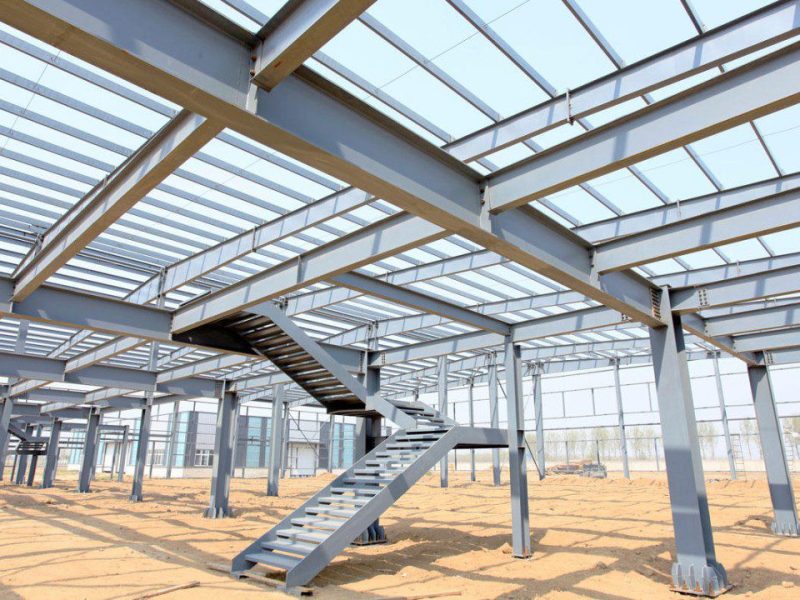Structural steel is the backbone of innovation, design, and functionality in modern construction and industrial sectors. Solico Metal is leading the way in Western Canada, providing a comprehensive range of structural steel products and services. But what goes into manufacturing structural steel, and why is it so pivotal for projects ranging from towering skyscrapers to warehouse storage systems? Let’s explore structural steel manufacturing, its benefits, stages, and applications. Structural steel is the ultimate choice when constructing buildings and industrial structures that require strength, durability, and sustainability. It has become the backbone of modern construction and design, providing many benefits that traditional materials cannot match.
Structural steel manufacturing is a complex process that involves several stages, from the extraction of raw iron ore to the final finishing and surface treatments. This process is optimized to produce high-quality steel products that meet the rigorous demands of modern construction projects.
The Structural Steel Manufacturing Process
Manufacturing structural steel is intricate, beginning with the extraction and preparation of raw iron ore. Unlike pure iron, which is rarely found in nature, the standard form of iron is combined with carbon. The manufacturing process involves reducing the carbon content to create the desired steel grade.
This involves several steps:
- Preparation: The initial stage involves crushing raw iron ore before it undergoes various refining processes to filter out high-quality grades, typically around 60% purity.
- Blast Furnace Processing: The refined ore is loaded into a blast furnace from the top and blasted with hot air, initiating the chemical reactions required to reduce the ore to pure iron.
- Steel Making: This pure iron is then alloyed with carbon and other elements in precise proportions to create steel. The exact composition depends on the steel’s intended use, with different additives enhancing characteristics like strength, flexibility, or corrosion resistance.
- Forming and Shaping: Once the steel is made, it undergoes various forming processes, including rolling, bending, cutting, and welding, to create the beams, columns, and other shapes required for construction projects.
- Finishing: The final steps involve surface treatments such as painting, coating, or galvanizing to protect the steel from corrosion and extend its life span.
Benefits of Structural Steel Manufacturing
The transition from traditional materials to structural steel has brought numerous advantages to the construction industry:
- Strength and Durability: Structural steel provides high strength-to-weight ratios, making it ideal for large-scale constructions that require long spans and load-bearing capabilities.
- Cost-Effectiveness: The efficiency of steel manufacturing processes and the material’s durability results in cost savings across the project lifecycle.
- Design Flexibility: Steel’s versatility allows architects and engineers to push the boundaries of design, creating structures that were once considered impossible.
- Sustainability: Steel is one of the most recyclable materials in the world, contributing to sustainable construction practices by minimizing waste and reducing environmental impact.
Solico Metal’s Commitment to Quality
At Solico Metal, the dedication to providing high-quality structural steel products is evident in every aspect of its operations. From in-house engineering to advanced manufacturing equipment, every step is optimized to ensure the highest standards of quality and efficiency. The result is a product that meets the rigorous demands of modern construction, delivering cost savings, durability, and aesthetic appeal to every project. Structural steel manufacturing is a complex yet fascinating process that has shaped the construction industry as we know it.
Solico Metal continues to innovate and push the boundaries of what is possible; structural steel will remain at the heart of the industrial building of tomorrow.
If you are interested in learning more about Solico Metal’s structural steel products and services, please don’t hesitate to reach out to their team. They are always happy to discuss your project requirements and provide customized solutions to meet your needs. Contact Solico Metal today to learn more!

